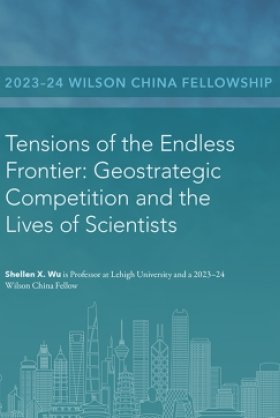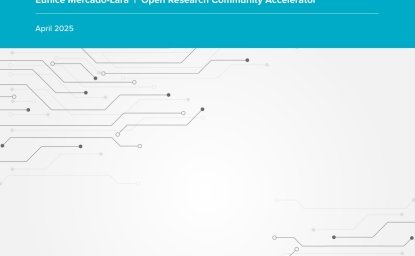Tensions of the Endless Frontier: Geostrategic Competition and the Lives of Scientists


Science and technology policy in both China and the United States go through a political process to passage influenced by larger diplomatic, economic, and societal goals. Often lost in these discussions are the scientists as individuals whose lives and careers are buffeted by forces beyond their control. This paper examines three case studies of Chinese scientists in the period from the mid-1940s to the 1950s, when many elite Chinese scientists made the fateful decision to remain in China, go with the Nationalist government to Taiwan, or go into exile abroad, including to the United States. These decisions reflected their personal circumstances, political affiliations, as well as the contingencies of a chaotic period of civil war. Scientific internationalism in the twentieth century helped to establish American dominance in the sciences and contributed to the success of the Manhattan Project. The three elite Chinese scientists discussed in this paper were part of the wave of foreign scientists pivotal to the development of both American and Chinese science in the twentieth century. This history provides key insights about the effect of US policy on individual scientists and lessons for the crafting of new legislation on science and technology.
Author

Associate Professor and the L.H. Gipson Chair in Transnational History at Lehigh University

Kissinger Institute on China and the United States
The Kissinger Institute works to ensure that China policy serves American long-term interests and is founded in understanding of historical and cultural factors in bilateral relations and in accurate assessment of the aspirations of China’s government and people. Read more

Explore More
Browse Insights & Analysis
360° View of How Southeast Asia Can Attract More FDI in Chips and AI




